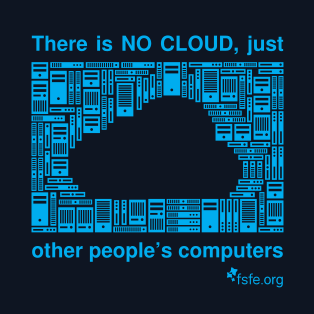Immutable laws of security: https://fossbytes.com/10-immutable-laws-security-microsoft/
If a bad guy has unrestricted physical access to your computer, it’s not your computer anymore.
I understand the hosting provider can access any data, similar questions below:
- Could a cloud provider access your data?
- How do I ensure that a VPS host will keep my information private?
- https://serverfault.com/questions/107972/can-a-hosting-provider-access-files-inside-our-vps-accounts
I would like to know when it is happening. How?
Something similar too: https://en.wikipedia.org/wiki/USBKill - call home when a machine is accessed?
WWII operation: https://en.wikipedia.org/wiki/Operation_Mincemeat#Deception_documents
A single black eyelash was placed within the letter to check if the Germans or Spanish had opened it.
EDIT / UPDATE / REAL LIFE USE CASE: The original question reads "accessing my data". In fact I would like to expand it to the actual use case that I'm trying to implement. Bitcoin. Lightning Network. Keeping my node online 24/7, that's what VPS is for. At the same time, I'm genuinely worried that the hosting provider can simply user their privileges to grab all the secrets, wallets, private keys from my machine. I know it's kind of game over right from the start, but maybe I can at least know if they are honest or not.

